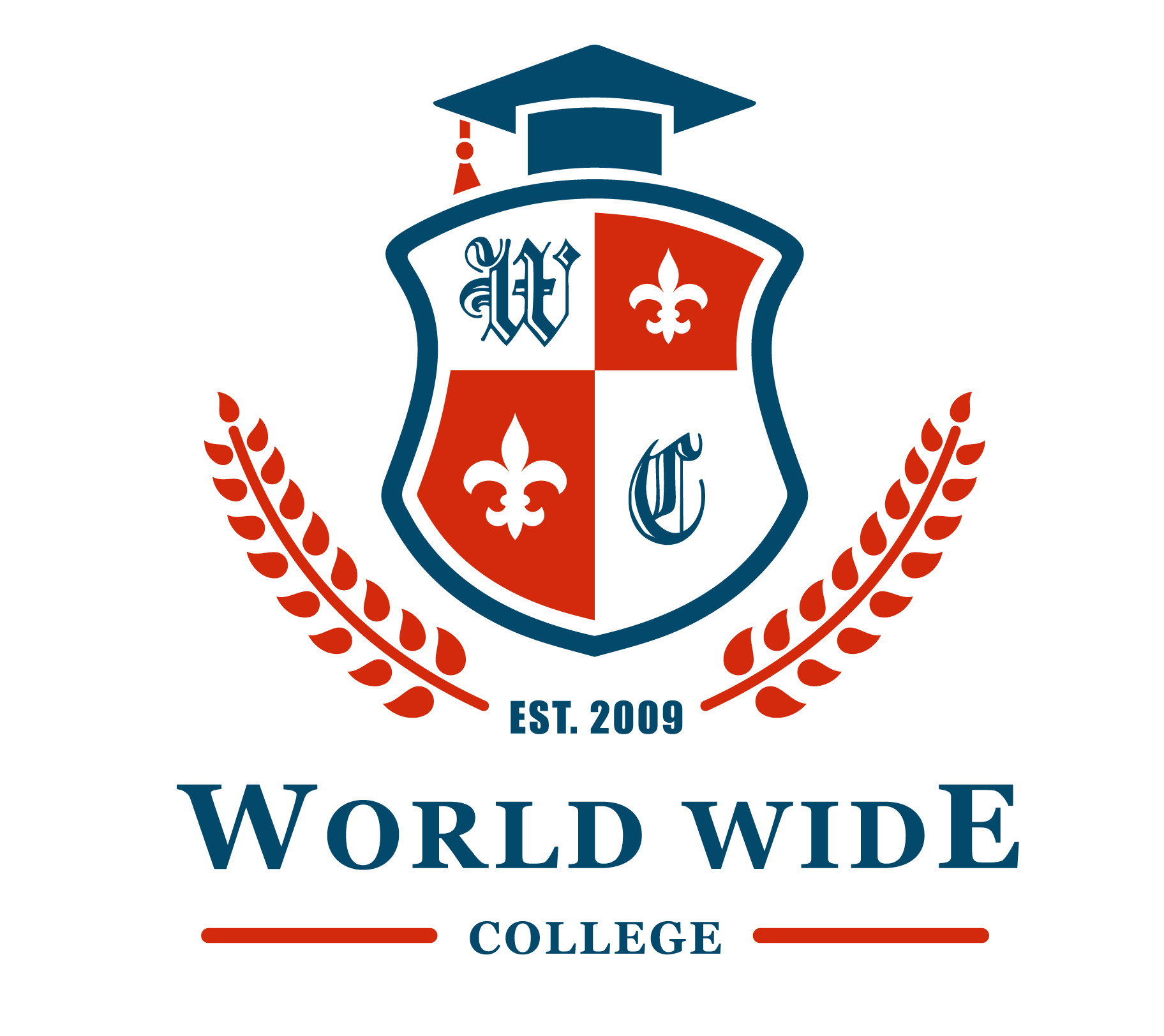
| Location | Wrocław,Poland | Facilities | |
|---|---|---|---|
| Funding Type | Public | No of Students | |
| Type | University | Scholarship | |
| Year of Establishment | 1702 | Marketing Material |
The University of WrocÅ‚aw has a rich history of more than three centuries. Founded by Leopold I Habsburg the university evolved from a modest school run by Jesuits into one of the biggest academic institutions in Poland. At the beginning of the 19th century the university had five Faculties: philosophy, catholic theology, evangelical theology, law and medicine. Later it was expanded by numerous sections, laboratories and a natural museum, which exists until today. After the Second World War a group of Polish professors, formerly from Lvov, started teaching and research activities at the University of WrocÅ‚aw. Initially they created the Faculties of law and administration, arts, natural sciences, agriculture, veterinary, medicine, mathematics, physics and chemistry. Some of these Faculties were soon transformed into other universities. Since the beginning of the 20th century, the University of WrocÅ‚aw produced 9 Nobel Prize winners, such as Theodor Mommsen, Philipp Lenard, Eduard Buchner, Paul Ehrlich, Fritz Haber, Friedrich Bergius, Erwin Schrödinger, Otto Stern and Max Born.
The University of WrocÅ‚aw has a rich history of more than three centuries. Founded by Leopold I Habsburg the university evolved from a modest school run by Jesuits into one of the biggest academic institutions in Poland. At the beginning of the 19th century the university had five Faculties: philosophy, catholic theology, evangelical theology, law and medicine. Later it was expanded by numerous sections, laboratories and a natural museum, which exists until today. After the Second World War a group of Polish professors, formerly from Lvov, started teaching and research activities at the University of WrocÅ‚aw. Initially they created the Faculties of law and administration, arts, natural sciences, agriculture, veterinary, medicine, mathematics, physics and chemistry. Some of these Faculties were soon transformed into other universities. Since the beginning of the 20th century, the University of WrocÅ‚aw produced 9 Nobel Prize winners, such as Theodor Mommsen, Philipp Lenard, Eduard Buchner, Paul Ehrlich, Fritz Haber, Friedrich Bergius, Erwin Schrödinger, Otto Stern and Max Born.
Admission
Bachelor program recruitment
to enroll you have to collect and submit (after arriving to Poland) the following original documents:
- Application form (printed, filled in and signed application form);
- High School Diploma (legalized copy in English or Polish, adjusted apostille, i.e. sealed and signed by a Polish consul in your country);
- A statement from the Polish consul confirming that the student has the right to apply for admission to all types of higher education institutions in the country where the certificate was issued;
- Certificate of English language skills;
- Entrance Medical Record (a doctor´s certificate of no contraindications to study, in English or Polish);
- Proof of medical support (a copy of health insurance policy or European Health Insurance Card EHIC or declaration of entering the National Health Fund immediately after commencing education in Poland);
- copy of passport (page with photograph and passport number);
- copy of visa or residence card;
- digital photo (size 20x25mm, in .jpg or .tif format, resolution 300dpi, saved on CD, file has to be named with the full name of the candidate);
- confirmation of admission and tuition fee payment.
Master program recruitment
to enroll you have to collect and submit (after arriving to Poland) the following original documents:
- Application form (printed, filled in and signed application form);
- High School Diploma (legalized copy in English or Polish, adjusted apostille, i.e. sealed and signed by a Polish consul in your country);
- A statement from the Polish consul confirming that the student has the right to apply for admission to all types of higher education institutions in the country where the certificate was issued;
- Certificate of English language skills;
- Entrance Medical Record (a doctor´s certificate of no contraindications to study, in English or Polish);
- Proof of medical support (a copy of health insurance policy or European Health Insurance Card EHIC or declaration of entering the National Health Fund immediately after commencing education in Poland);
- copy of passport (page with photograph and passport number);
- copy of visa or residence card;
- digital photo (size 20x25mm, in .jpg or .tif format, resolution 300dpi, saved on CD, file has to be named with the full name of the candidate);
- confirmation of admission and tuition fee payment;
- first degree termination diploma legalized or adjusted apostille diploma or other document confirming termination of university abroad;
- verified extract from student's registration book, including list of examination and credits or supplement for diploma.
© 2015 - 2025 World Wide College - All rights reserved.







